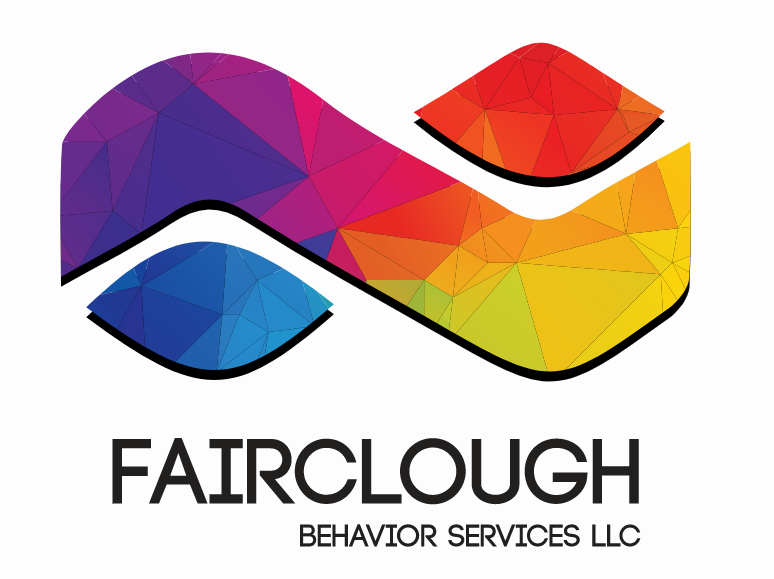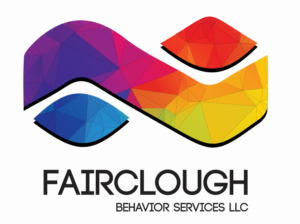What We Do
Through Applied Behavior Analysis (ABA) and a multidisciplinary approach, we provide treatment your child and family’s individual needs. At Fairclough Behavior Services, LLC we believe everyone, regardless of age or ability should have affordable access to individualized, services that improves the overall quality of life for our clients in a meaningful way. Our team at Fairclough Behavior Services, LLC understands the magnitude of having clear guidance and realistic strategies to work through challenges, developmental deficits increase significant skills. As a result, the goal for our clients is to increase these skills and decrease challenges that are socially and behaviorally significant. Our approach is compassionate, sensitive to your values, while integrating current research and clinical expertise in how we implement ABA, leading clients and their caregivers to achieve what is valuable to them

Our
Mission to You
Fairclough Behavior Services strives to create a positive difference and significantly improve the quality of life for children with autism spectrum disorder, by providing effective and affordable ABA therapy based on the child’s individual needs. Our commitment is to establish a cooperative partnership with children and caregivers through trust, respect, and communication.
What is ABA
Applied behavior analysis (ABA) is anevidence-based therapy providing the most meaningful and effective interventions based on the science of how humans learn and behave. The goal is to increase behaviors that are significant and decrease behaviors that are detrimental or impact the person’s ability to learn. ABA is an empirical practice that is data driven, systematic, and provides direct and visual measures of performance to determine progress. At its simplest, ABA is a tool to help individuals learn and adapt to life with ease and flexibility.
Based on individual need, the types of ABA therapy we use is
through a multidisciplinary approach using but not limited to:
- NET (Naturalistic Environmental Teaching)
- FCT (Functional Communication Training)
- DTT (Discrete Trial Teaching)
- ACT (Acceptance Commitment Training)
- Assent Based learning
- IT (Incidental Teaching)
- PFA (Practical Functional Assessment)
- BST (Behavior Skills Training)
- Various Problem Behavior interventions


